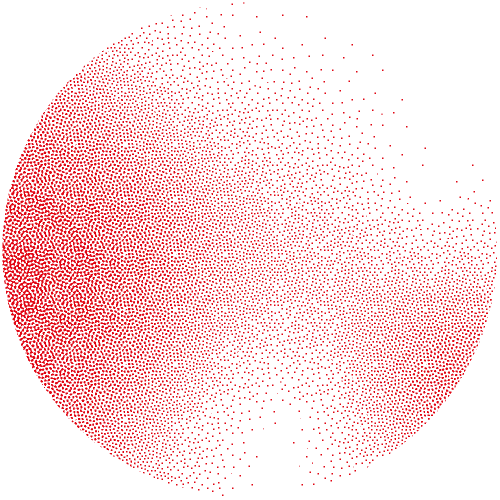ATGCCGGAATTGGCACATAACAAGTACTGCCTCGGTCCTTAAGCTGTATTGCACCATATGACGGATGCCGGAATTGGCACATAACAAGTAC
TGCCTCGGTCCTTAAGCTGTATTGCACCATATGACGGATGCCGGAATTGGCACATAACAACGGTCCTTAAGCTGTATTGCACCATATGACG
GATGCCGGAATTGGCACATAACAAGTACTGCCTCGGTCCTTAAGCTGTATTTCGGTCCTTAAGCTGTATTCCTTAACAACGGTCCTTAAGG
ATGCCGGAATTGGCACATAACAAGTACTGCCTCGGTCCTTAAGCTGTATTGCACCATATGACGGATGCCGGAATTGGCACATAACAAGTAC
TGCCTCGGTCCTTAAGCTGTATTGCACCATATGACGGATGCCGGAATTGGCACATAACAACGGTCCTTAAGCTGTATTGCACCATATGACG
GATGCCGGAATTGGCACATAACAAGTACTGCCTCGGTCCTTAAGCTGTATTTCGGTCCTTAAGCTGTATTCCTTAACAACGGTCCTTAAGG


The Applied Computational Genomics Team focuses on theoretical and computational aspects of modelling the process of genome evolution and adaptive change. With the growing size and complexity of molecular data, we strive to keep pace by providing accurate, scalable and practical computational solutions that enable a wide range of scientists to analyse patterns of evolution and natural selection in large genomic and omics data. We develop bioinformatic methods for real applications, ranging from biotechnology to biomedical research, ecology and agriculture. For example, in our interdisciplinary Sinergia project we search for biomarkers of colorectal cancer that underpin responsiveness to therapy via a combination of genomics, histomics and pharmacogenomics, and integrating these by means of an AI-driven multimodal classifier.
We also worked on data integration as part of the NRP75 Bigdata project that aims at enabling sophisticated semantic queries across large, decentralized and heterogeneous databases via an intuitive interface.
As a follow-up of this project, we develop an automated Literature Based Discovery (LBD) system in the context of natural product drugs, using Semantic Web technologies
